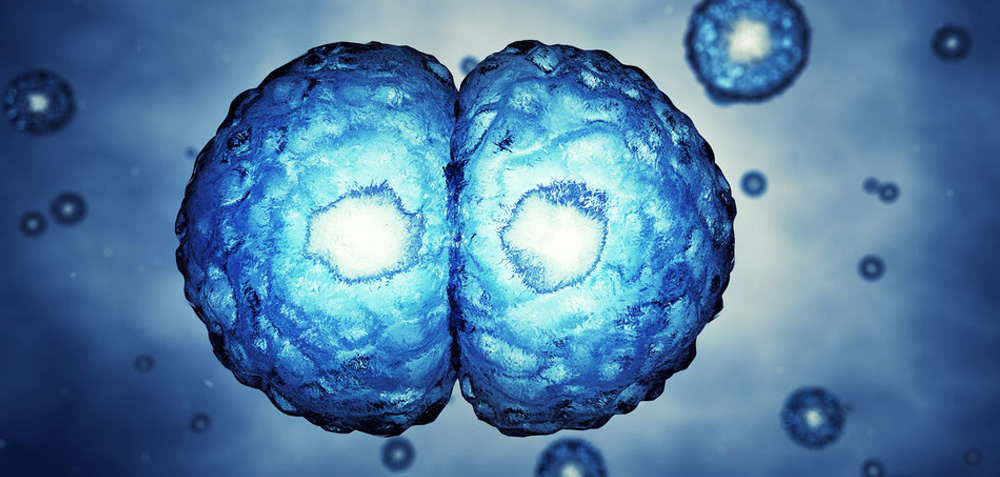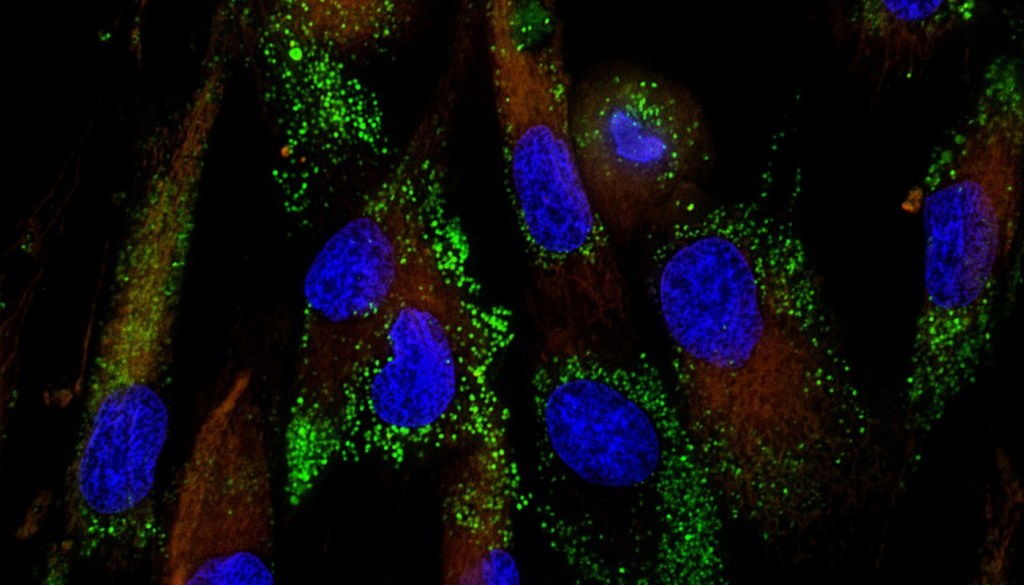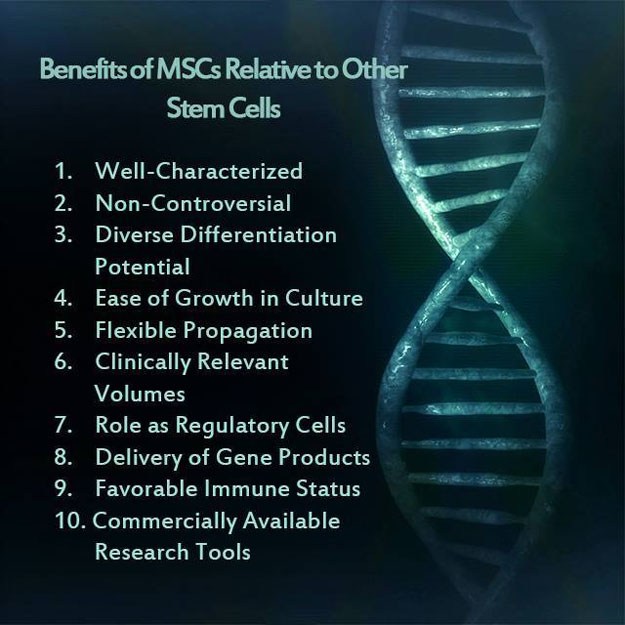Mesenchymal stem cells (MSCs) are multipotent stromal cells, which are being actively assessed in cell-based therapy clinical trials. MSCs have the capacity to promote angiogenesis, differentiate and they possess immunomodulatory properties. MSCs have been widely tested in preclinical studies. Clinical trials have shown promising results for MSCs when applied to treat numerous diseases, such as cardiovascular diseases, brain and spinal cord injury, stroke, diabetes, cartilage and bone injury, Crohn’s disease and graft versus host disease (GvHD). In addition, the immunomodulatory effects of MSCs have been demonstrated in several conditions characterized by inflammation. However, a number of late-stage clinical trials have failed to meet primary endpoints and the fate of MSCs following systemic infusion is largely unknown. MSCs can be isolated from different tissues, such as bone marrow, peripheral blood, placenta, umbilical cord and adipose. The efficacy of treatment with MSCs sourced from different tissues and cell availability from each source must be tested for each disorder. In some cases, no difference in efficacy of a specific MSC source was found. More in-depth studies are required to determine if certain MSC sources are more beneficial in specific diseases and if their therapeutic effectiveness and safety profiles are similar.

Mesenchymal stem cells (MSCs) are advantageous over other stem cell benefits for a variety of reasons. First, they avoid the ethical issues that surround the embryonic stem cell research.
Second, repeated studies have found MSCs to be immuno-privileged, which make them an advantageous cell type for allogeneic transplantation. MSCs reduce both the risks of rejection and complications of transplantation.


MSCs are a well-characterized population of adult stem cells, with over 36,000 scientific articles published about them.
MSCs avoid the ethical issues of embryonic stem cells, as they can be derived from sources that include adult bone marrow and adipose tissue.
MSCs can form a variety of cell types in the laboratory, including those of both intra- and extra-mesenchymal lineages. These cell types include fat (adipocytes), bone (osteoblasts), skin (dermal cells), nerve (neural cells), cartilage (chondrocytes), muscle (skeletal myocytes), tendons (tenocytes), marrow stroma, and ligaments.
Advanced knowledge exists for how to grow MSCs in culture, including protocols for isolation, expansion, and differentiation.
MSCs can be grown and propagated in culture for extended periods, without losing differentiation potential.
Unlike many other types of adult stem cells, MSCs can be acquired in the quantities required for clinical applications, as knowledge exists for how to culture the cell type in 3D bioreactors. It is understood that reduced oxygen conditions, along with available nutrients, assist MSC expansion under bioreactor conditions.
MSCs synthesize and secrete a variety of macromolecules that are known regulators of hematopoietic and bone-resorbing cells.
MSCs can take up exogenous DNA and keep introduced genes, an attribute that may allow the use of the cells in the therapeutic delivery of molecules to target regions of the body.
MSCs lack the co-stimulatory molecules of the B7 family that are required to initiate an immune response. This allows the administration of MSC preparations across MHC barriers without concern for immunological rejection or the need for immunosuppression, making MSCs a universal stem cells source.
Currently, dozens of research supply companies offer MSC-based products, making research tools for this cell type easily accessible.